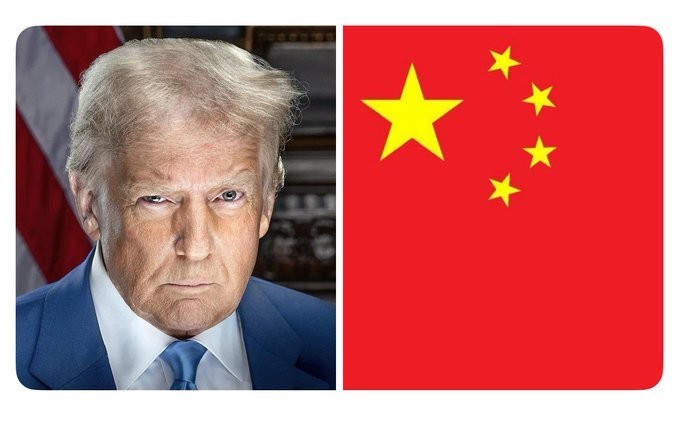views
Academic Crossroads: US Revokes Chinese Student Visas Amid Security Concerns

In a significant escalation of its national security posture, the United States government has announced it will commence revoking the visas of Chinese students deemed to have connections with the Chinese Communist Party (CCP) or those pursuing studies in critical fields. Secretary of State Marco Rubio, in a recent statement, emphasized that this is a proactive measure designed to "aggressively" safeguard American intellectual property and sensitive research from potential exploitation.
This directive marks a tangible hardening of U.S. policy towards academic exchange with China, a nation that has historically sent the second-largest number of international students to American universities. The move is not just about current visa holders; it also signals a future of intensified scrutiny for all prospective Chinese and Hong Kong student visa applicants, with plans to expand vetting processes to include social media activity. The "critical fields" in question are understood to encompass areas vital to national security and technological advantage, such as advanced engineering, artificial intelligence, biotechnology, and other STEM disciplines where espionage concerns have been frequently raised. This focus underscores the U.S.'s determination to protect its technological leadership.
The implications of this policy ripple far beyond individual students. For U.S. universities, particularly those with large Chinese student populations, the decision could mean a substantial loss of tuition revenue and a reduction in a vital talent pool that has contributed significantly to research and innovation. Academic institutions and advocacy groups have already voiced concerns about the potential for blanket discrimination, arguing that such measures could deter top global talent from choosing the U.S. as their educational destination, ultimately eroding America's long-standing reputation as a hub for international scholarship. The policy introduces complexity for visa applications and international studentrecruitment.
On the other side, Beijing has swiftly condemned the U.S. action, labeling it as "political and discriminatory." Chinese officials have asserted that the U.S. is weaponizing education for geopolitical aims, warning of potential reciprocal actions and further damage to already strained bilateral relations. This move comes at a time when U.S.-China ties are complex, marked by ongoing trade disputes, technological competition, and geopolitical rivalries. The geopolitical impact of this decision is profound.
For the thousands of Chinese students currently in the U.S. or aspiring to study there, the announcement injects a profound sense of uncertainty and anxiety. Many came seeking world-class education and opportunity, now finding themselves caught in the crosshairs of geopolitical tensions. The focus on CCP connections also creates a challenging dilemma, given the pervasive role of the Party in Chinese society. Student visas and immigration policy are now key tools in this strategic competition.
As the U.S. proceeds with these revocations and implements stricter vetting, the world watches closely to see how this redefines the balance between national security imperatives and the principles of open academic exchange. The coming months will undoubtedly reveal the full scope of this policy's impact on individual lives, academic institutions, and the delicate equilibrium of U.S.-China relations.




















Comments
0 comment